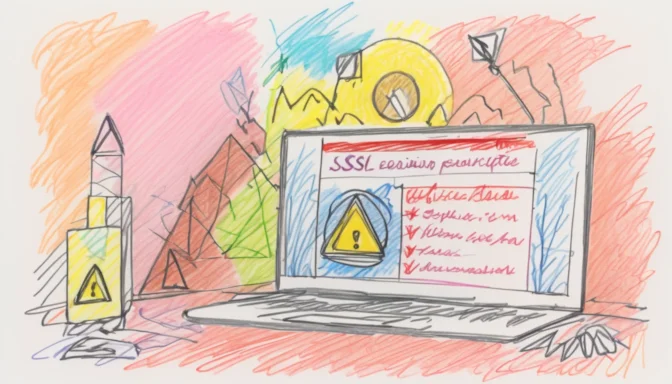What is an SSL Certificate?
An SSL (Secure Sockets Layer) certificate is a digital credential that verifies a website's identity and enables secure, encrypted communication between a web server and a browser.
Why Do You Need an SSL Certificate?
SSL Certificates are vital for securing data transmissions and enhancing the safety of both businesses and their customers. They offer protection against data breaches, phishing scams, and other online threats.
SSL Certificates for Beginners
If you're new to this, SSL is a security protocol designed to establish an encrypted link between a website and a browser. It aims to protect sensitive information like credit card numbers and login details.
Cost of SSL Certificates
The pricing for an SSL Certificate can vary widely, ranging from approximately $8 to $1000 per year. Various factors like the number of domains you need to protect, the validation level, and the issuing authority can influence this cost.
Free vs Paid SSL Certificates
While free SSL Certificates are suitable for personal blogs or websites, paid options offer additional security features. These are particularly beneficial for business websites that conduct online transactions.
Risks of Not Having an SSL Certificate

Going without an SSL Certificate puts your website and its visitors at a heightened risk for data theft and other security issues. Modern web browsers like Google Chrome and Mozilla Firefox now actively require websites to have SSL encryption.
 E-Commerceo
E-Commerceo